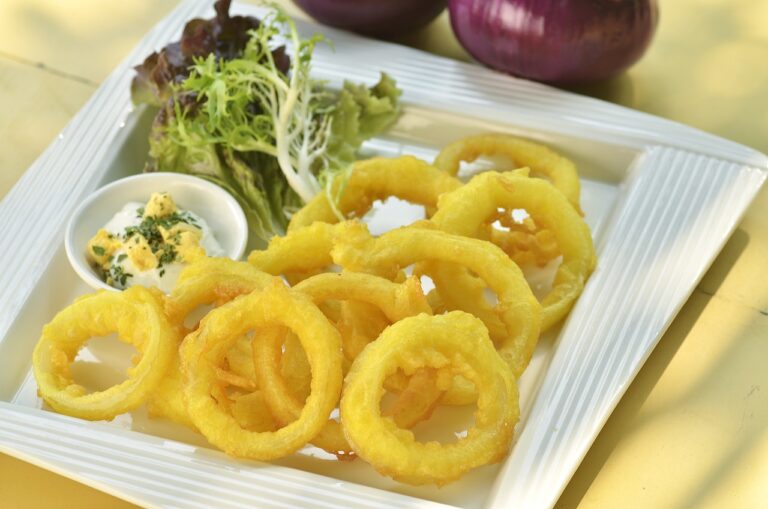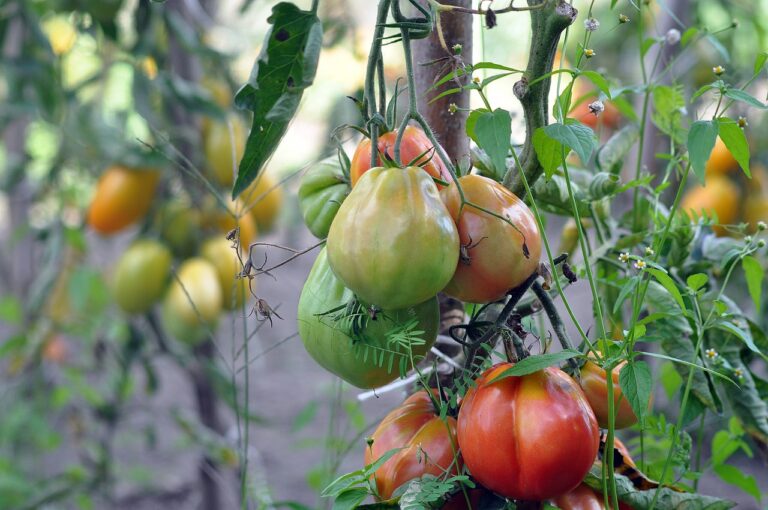The Evolution of Sustainable Beer Packaging Materials
sky247, gold365 login, gold 365 site sign up:The evolution of sustainable beer packaging materials has been a hot topic in recent years as more and more consumers are becoming conscious of the environmental impact of their purchasing decisions. Breweries are now looking for ways to reduce their carbon footprint by using packaging materials that are eco-friendly and recyclable. In this article, we will explore the different types of sustainable beer packaging materials available on the market today and how they are helping to shape the future of the brewing industry.
The Rise of Sustainable Beer Packaging
In the past, most breweries used traditional packaging materials such as glass bottles and aluminum cans to package their beer. While these materials are recyclable, they are also energy-intensive to produce and can have a significant impact on the environment. As a result, many breweries are now turning to sustainable alternatives that are more environmentally friendly.
One of the most popular sustainable beer packaging materials is biodegradable cardboard. Made from recycled paper fibers, cardboard packaging is not only recyclable but also compostable, making it a great option for breweries looking to reduce their environmental impact. In addition to being eco-friendly, cardboard is also lightweight and cost-effective, making it a practical choice for breweries of all sizes.
Another sustainable packaging material that is gaining popularity in the brewing industry is plant-based plastics. Made from renewable resources such as corn or sugarcane, plant-based plastics are biodegradable and compostable, making them a more sustainable alternative to traditional petroleum-based plastics. Many breweries are now using plant-based plastics for their packaging to reduce their reliance on fossil fuels and minimize their carbon footprint.
Recyclable aluminum cans are also a popular choice for breweries looking to reduce their environmental impact. Aluminum cans are not only infinitely recyclable but also lightweight and compact, making them a convenient option for consumers on the go. In addition to being recyclable, aluminum cans also have a lower carbon footprint compared to glass bottles, making them a more sustainable choice for breweries looking to minimize their environmental impact.
The Future of Sustainable Beer Packaging
As consumer demand for sustainable products continues to grow, the brewing industry is likely to see a shift towards more eco-friendly packaging materials in the future. Breweries that prioritize sustainability and invest in recyclable packaging materials are likely to gain a competitive edge in the market and attract environmentally conscious consumers.
One emerging trend in sustainable beer packaging is the use of biodegradable plastics made from agricultural waste. These innovative materials are not only biodegradable and compostable but also help to reduce food waste by repurposing agricultural by-products that would otherwise be discarded. Breweries that use biodegradable plastics made from agricultural waste are not only reducing their environmental impact but also contributing to a more circular economy.
Another trend in sustainable beer packaging is the use of refillable containers. Instead of single-use packaging, some breweries are now offering refillable containers such as growlers or kegs that can be returned and reused multiple times. Refillable containers not only reduce packaging waste but also help to minimize the carbon footprint of the brewing industry by eliminating the need for new packaging materials.
FAQs
Q: Are sustainable beer packaging materials more expensive than traditional packaging materials?
A: While sustainable beer packaging materials may have a slightly higher upfront cost, they can help breweries save money in the long run by reducing waste and minimizing their environmental impact.
Q: Are sustainable beer packaging materials as durable as traditional packaging materials?
A: Yes, many sustainable beer packaging materials are just as durable as traditional packaging materials, making them a practical choice for breweries looking to reduce their environmental impact without compromising on quality.
Q: How can consumers support breweries that use sustainable beer packaging materials?
A: Consumers can support breweries that use sustainable beer packaging materials by choosing their products over those packaged in traditional materials, and by recycling or composting their packaging after use.
In conclusion, the evolution of sustainable beer packaging materials is helping to shape the future of the brewing industry by reducing waste, minimizing carbon footprints, and appealing to environmentally conscious consumers. Breweries that prioritize sustainability and invest in eco-friendly packaging materials are likely to gain a competitive edge in the market and contribute to a more sustainable future for the brewing industry.







